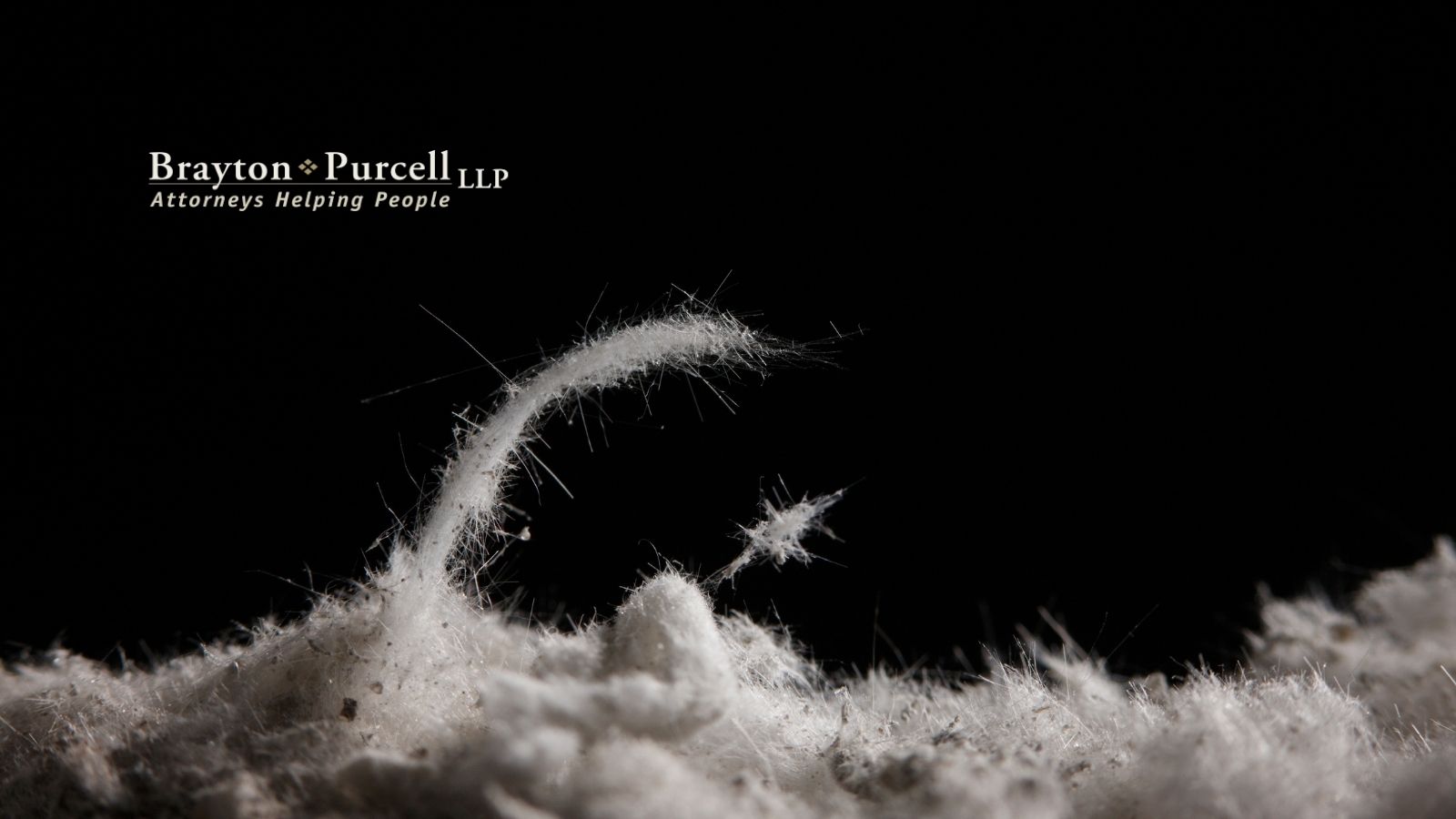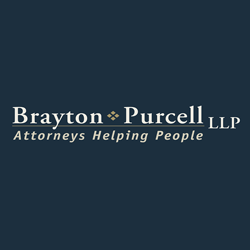A diagnosis of a disease caused by asbestos exposure is a life-changing moment that creates barriers for the patient and their family members facing an uncertain future.
Asbestos exposure has been directly connected to severe health issues and mesothelioma diagnoses. Workers whose jobs involved contact with material used in insulation, roofing, tiling, and brake linings. Countless lawsuits have been filed with total damages in the billions of dollars paid to victims. Product manufacturers who have used asbestos have set up trust funds to disburse financial damages.
Stopping fraud or sidestepping accountability
A new law in North Dakota has only added to the challenges in a state where almost 740 residents have died from asbestos-caused mesothelioma over the past twenty-plus years based on data from the Centers for Disease Control and Prevention. Gov. Doug Burgum signed a bill that would mandate screening for asbestos exposure before pursuing legal action, essentially banning potential victims unless they are “sick enough”.
North Dakota joins approximately ten states that have passed similar legislation.
Despite not a single fraudulent asbestos claim ever being filed in the state, proponents that include employers, insurance companies, and industry groups claim the new law as discouraging, if not stopping, “fraudulent claims”. They cite the need to uncover “actual impairment” and ensure a claims process that is both efficient and fair.
Victim’s advocates correctly describe it as “an industry bailout bill” and another way for companies to avoid accountability for asbestos exposure to employees in the private industry and members of the military. In addition, the law delays and denies compensation for individuals who are seriously ill and dying. And, the new law also fails to account for the lengthy latency period. Symptoms can show up long after exposure.











